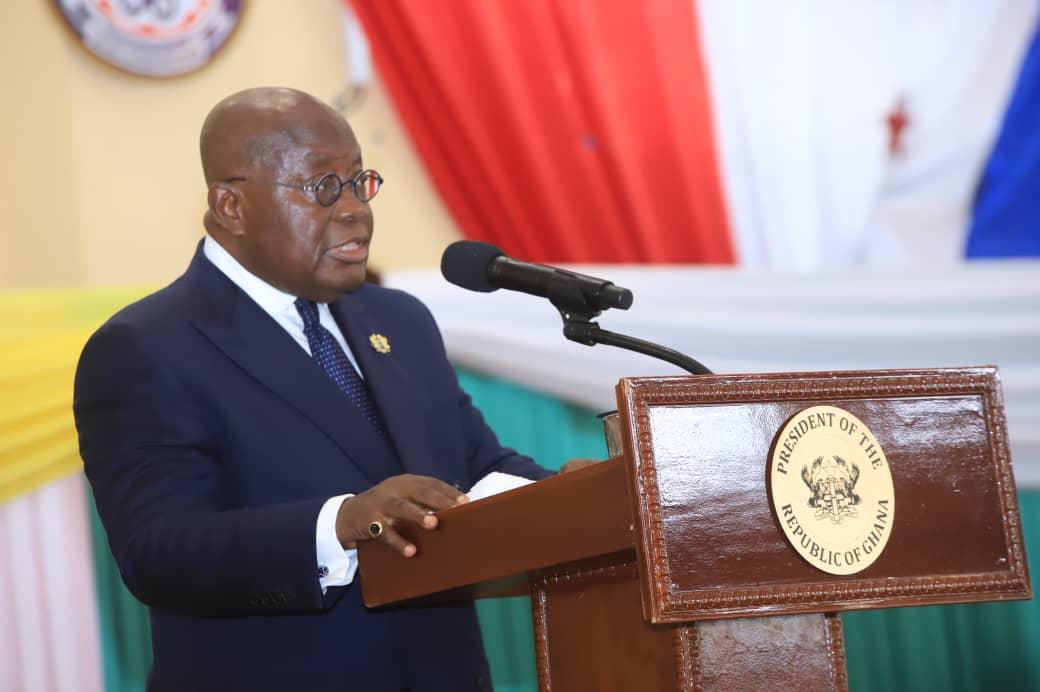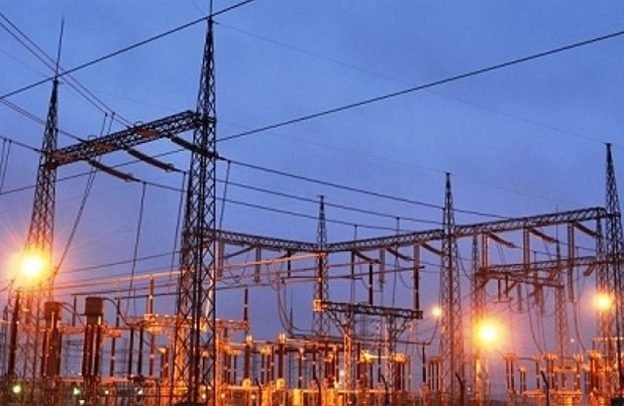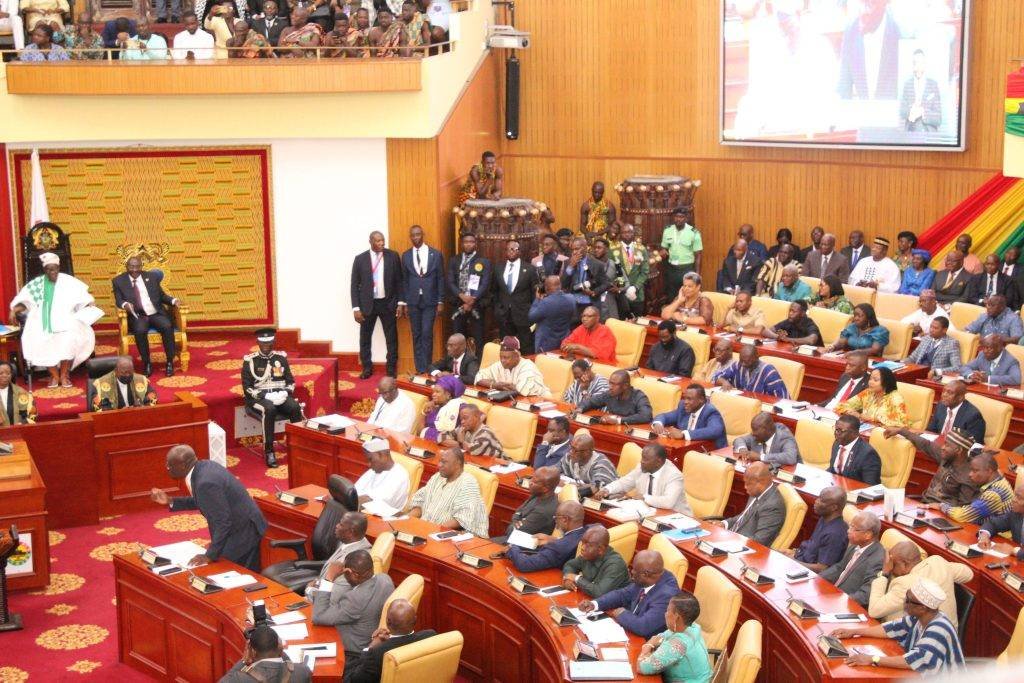
Moody’s Ratings has indicated possibility of upgrading Ghana’s credit rating after the country Eurobonds exchange. In a note, the global rating agency gave hint that it has completed a periodic review of the ratings of Ghana and other ratings that are associated with this issuer.
Ghana’s ratings, which includes its long-term issuer ratings of Caa3 for local currency and Ca for foreign currency, reflect the government’s ongoing restructuring of debt under the G20 common framework started in December 2022.
According to Moody’s, local currency debt, excluding Treasury Bills, was restructured in 2023.
The restructuring of foreign currency debt, which accounts for nearly half of the debt, has progressed after successive announcements in June 2024 of a Memorandum of Understanding on official sector debt and an agreement in principle with bondholders.
Upon completion of the restructuring, it is likely that all ratings will be aligned at a higher level, albeit in the Caa-rating category given the liquidity constraints that typically follow an event of default, Moody’s stated.
“While the IMF programme supports fiscal consolidation and funding access due to Ghana’s relatively robust institutional capacity, which allows it to comply with programme conditionality, still-high inflation and tight monetary conditions will remain key credit challenges,” Moody’s said in a statement.
The Ministry of Finance announced an agreement in principle with bondholders’ representatives on the terms for restructuring $13.1 billion of Eurobond debt on 24 June 2024.
The amount accounted for 21% of 2023 total debt owed by Ghana. Under the agreement, bondholders would forego around $4.7 billion in principal with no state contingent triggers.
Official Creditor Committee approves Ghana’s deal with Eurobond holders – Finance Ministry announces
The agreement followed the 12 June memorandum of understanding (MoU) between the Finance Ministry and the Official Creditor Committee (OCC) on a deal to restructure $5.4 billion of official sector external debt.
In a press release issued on 28 June 2024, the IMF confirmed that both restructurings are consistent with the parameters of its programme. However, the OCC has yet to confirm that the agreement on principle with bondholders is comparable in debt treatment to the MoU.
Moody’s said Ghana’s ‘ba2’ economic strength assessment balances the country’s growth potential in the oil and non-oil sectors against its small size and low wealth levels.
Its ‘caa2’ institutions and governance strength primarily reflects very weak fiscal and monetary policy effectiveness, which have ultimately led to unsustainable government debt and the government resorting to a debt restructuring, the reviewed note added.
Ghana’s fiscal strength is assessed at ‘ca’, reflecting very weak debt affordability and a very high debt burden, even though the ongoing debt restructuring will improve these metrics.
Also, Moody’s said Ghana’s susceptibility to event risk at ‘ca’ is driven by elevated government liquidity risk due to high government gross borrowing requirements and very limited borrowing options.
The outlook is stable and reflects the ongoing foreign currency debt restructuring, with losses for bondholders very likely to remain in line with the loss given default range associated with our current ratings.
Moody’s hint that a rating downgrade is unlikely given the recent progress on the foreign currency debt restructuring and the terms of the agreement in principle with bondholders, which are consistent with our ratings.
However, in the unlikely event that the agreement does not proceed, derailing the debt restructuring process, downward pressure on both local currency and foreign currency ratings may develop.
“We will very likely upgrade the local currency and foreign currency ratings after the exchange of the Eurobonds”, the global rating agency said.
It added that the terms of the agreement reached in principle on 24 June already provide material debt relief to the government; this relief comes on top of that gained via the local currency debt restructuring that took place earlier in the process.
The restructuring of official sector debt will bring additional, as-yet unknown, liquidity relief. As mentioned above, post debt restructuring, Ghana’s ratings are likely to be higher, albeit still reflecting liquidity constraints, Moody’s said. Bitcoin Drags Cryptocurrency Market Down to $2.12 Trillion
The post Moody’s to upgrade Ghana ratings after Eurobonds debt restructuring first appeared on 3News.
Read Full Story












Facebook
Twitter
Pinterest
Instagram
Google+
YouTube
LinkedIn
RSS